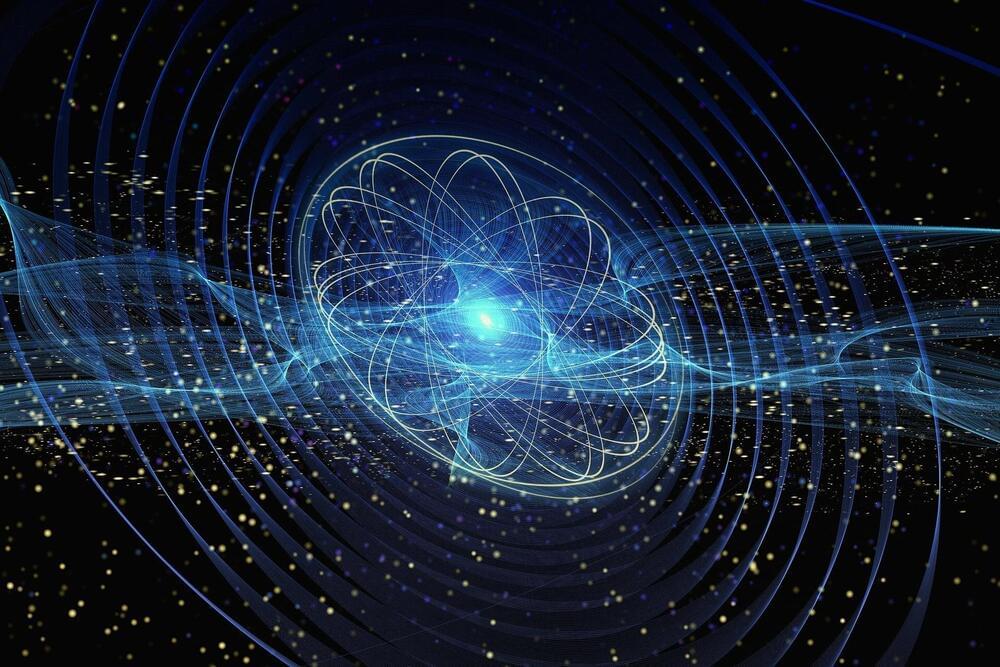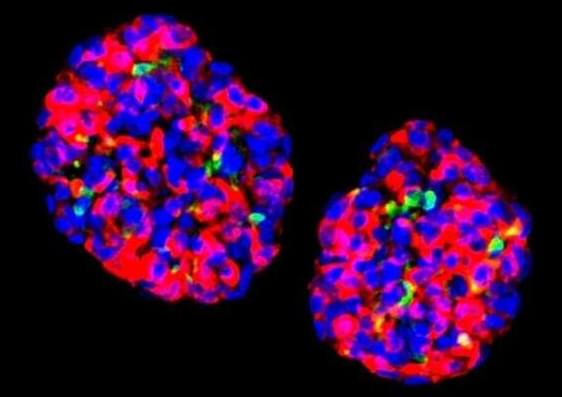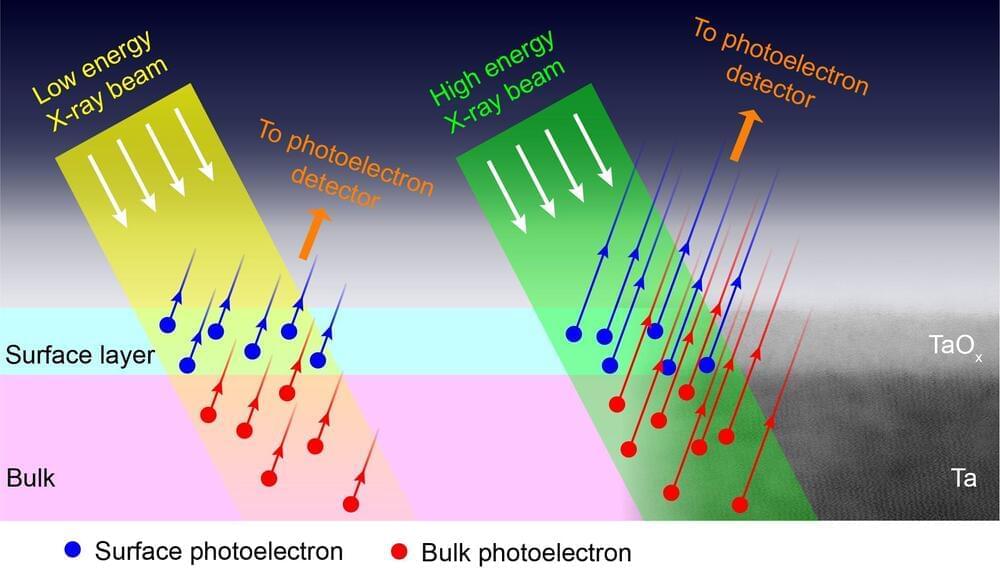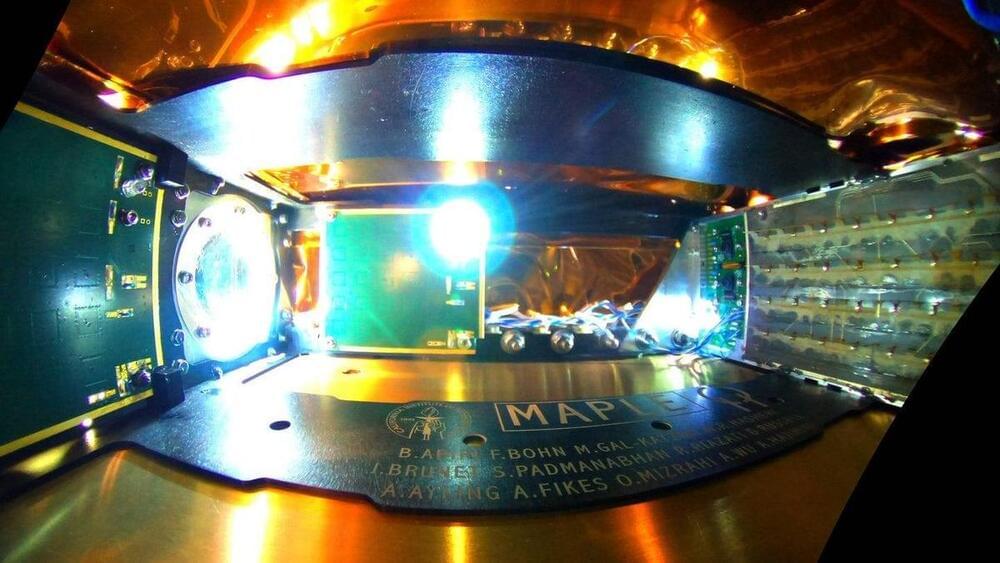Jun 4, 2023
Everything Will Evaporate
Posted by Dan Breeden in categories: cosmology, particle physics, quantum physics
Even space and time if it’s quantum.
What will be the ultimate fate of our universe? There are a number of theories and possibilities, but at present the most likely scenario seems to be that the universe will continue to expand, most mass will eventually find its way into a black hole, and those black holes will slowly evaporate into Hawking Radiation, resulting in what is called the “heat death” of the universe. Don’t worry, this will likely take 1.7×10106 years, so we got some time.
But what about objects, like stellar remnants, that are not black holes? Will the ultimate fate of the universe still contain some neutron stars and cold white dwarfs that managed to never get sucked up by a black hole? To answer this question we have to back up a bit and talk about Hawking Radiation.

















